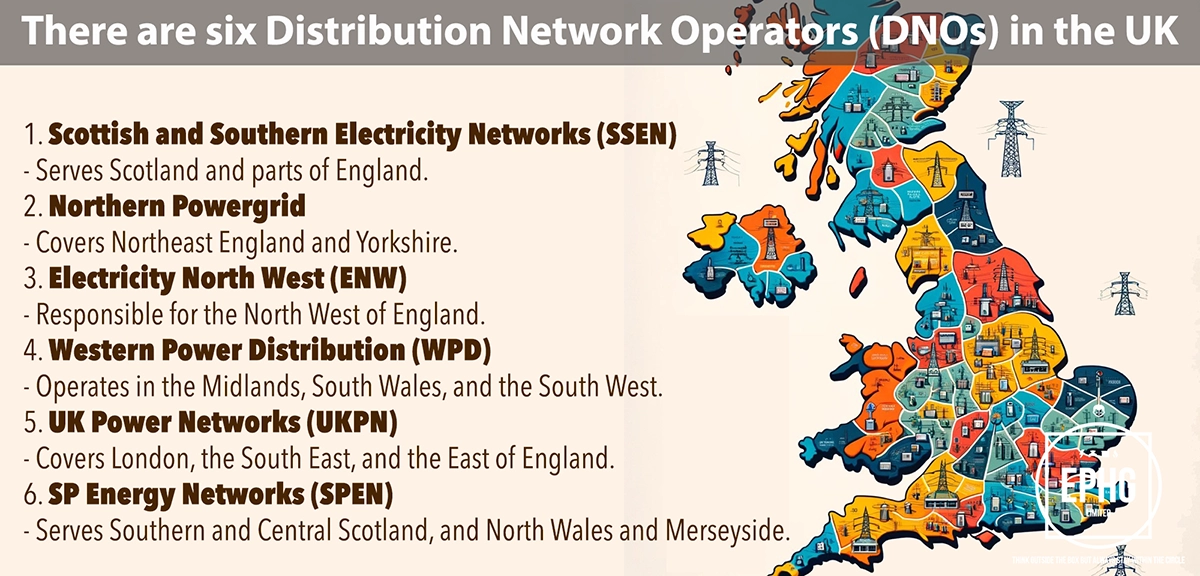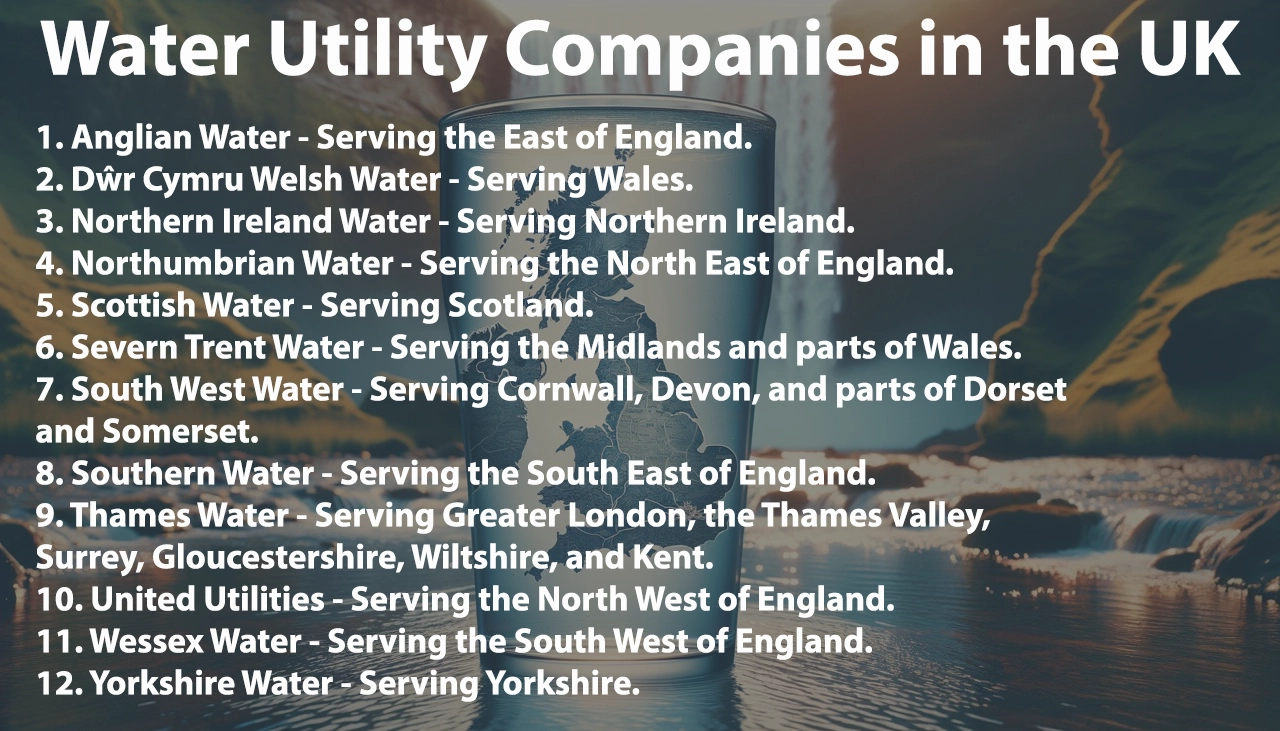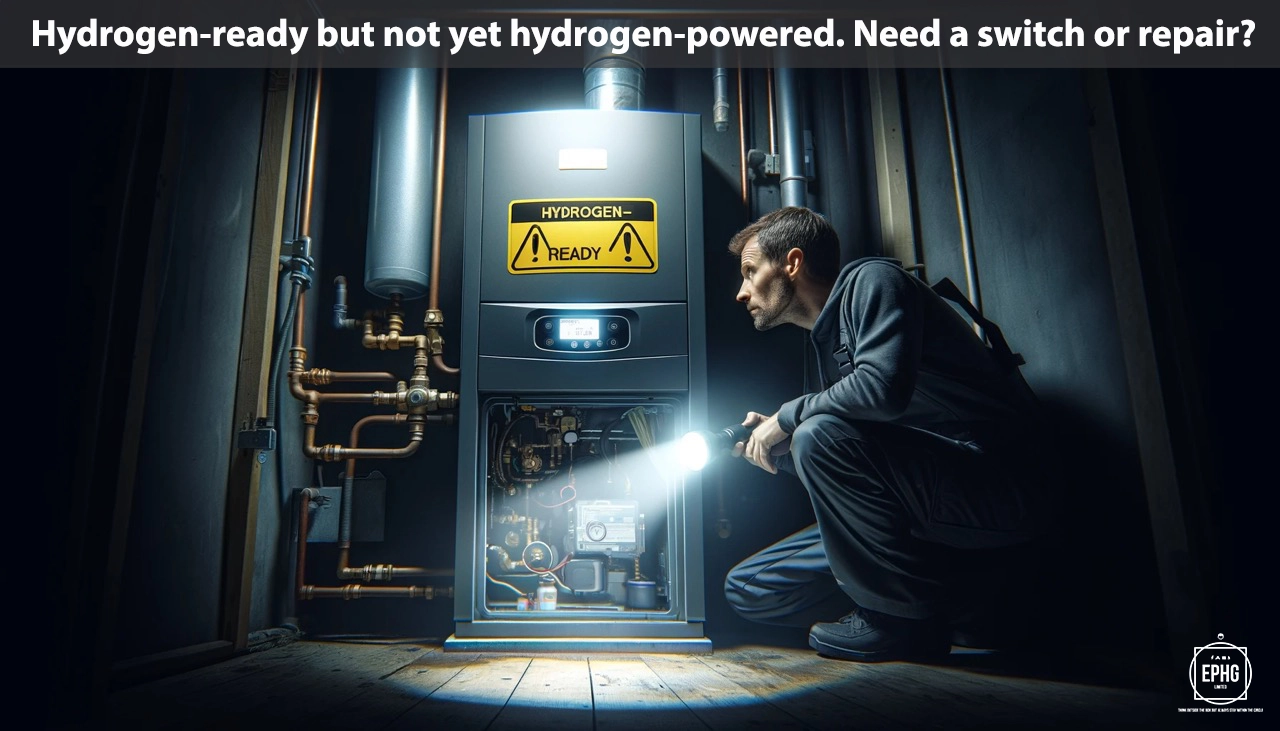
DG Postcodes for Utilities & Services in Dumfries and Galloway
Introduction: The DG postcode area, encompassing Dumfries, Galloway, and surrounding regions, offers a deep dive into local utilities such as water and electricity. Here, we share insightful information on these essential services.
Water in Dumfries and Galloway
Where does the water supply come from in Dumfries and Galloway and is there ever a shortage of water?
In Dumfries and Galloway, the water supply primarily comes from local rivers, reservoirs, and groundwater sources, managed by Scottish Water. This region is known for its abundant natural water sources, which undergo comprehensive treatment to meet strict quality standards before reaching households and businesses. Despite the typically adequate water provision, the area is not immune to environmental changes such as climate shifts and seasonal variations, which can affect water levels and supply. Local authorities and Scottish Water proactively manage resources and implement conservation measures to address any potential water scarcity. Residents are encouraged to practice water efficiency to ensure sustainable water usage and maintain supply stability.
What is the hardness & quality of the water in Dumfries and Galloway and can this affect your health?
The water in Dumfries and Galloway is generally classified as soft to moderately hard, depending on the specific source. The natural landscapes, including peaty uplands and granitic terrain, contribute to the water's composition. Soft water is advantageous for reducing scale in pipes and appliances, and although it contains fewer minerals, it is not detrimental to health. The water quality in the area is regularly monitored, ensuring it remains safe for consumption and meets all regulatory health standards. While the mineral content is lower than in hard water areas, this has minimal impact on health, and essential minerals can be adequately obtained through a balanced diet. Scottish Water and health authorities continue to ensure that water quality is maintained at a high standard for the safety and benefit of all residents.
Electricity in Dumfries and Galloway
Where does the electric supply come from in Dumfries and Galloway and what is the future of energy there?
The electric supply in Dumfries and Galloway predominantly comes from a mix of traditional sources such as nuclear and fossil fuels, along with an increasing amount of renewable energy, particularly from wind farms and biomass. The region is home to several large wind farms, reflecting Scotland’s commitment to renewable energy. As part of the broader Scottish and UK strategies, Dumfries and Galloway aims to expand its renewable energy capacity, focusing on wind, solar, and tidal power. The future of energy in this region is geared towards sustainability, with plans to reduce carbon emissions significantly and increase the reliance on green energy. Efforts are being made to improve energy efficiency and encourage the adoption of renewable energy technologies among residents and businesses, aligning with national goals for climate change mitigation and sustainable development.
When is hydrogen coming to gas boilers in Dumfries and Galloway?
The introduction of hydrogen to gas boilers in Dumfries and Galloway is part of a wider, long-term strategy to decarbonize heating systems across Scotland and the UK. While there is no specific timeline for the complete transition, pilot projects and research into hydrogen technology are underway. These efforts align with the UK’s commitment to reduce carbon emissions and transition to greener energy solutions. Residents of Dumfries and Galloway can expect gradual changes, with updates and trials likely to be communicated by local authorities and Scottish Gas Networks. Homeowners are encouraged to maintain their current heating systems while staying informed about future energy solutions, including potential transitions to hydrogen-powered or hybrid heating systems as part of the shift towards a more sustainable energy landscape.
Where Does the Wastewater Go in Dumfries and Galloway
In Dumfries and Galloway, wastewater management is crucial for maintaining public health and protecting the environment. Wastewater from homes, businesses, and industrial processes is collected and treated at several treatment facilities across the region. These plants are equipped with modern technology to remove contaminants and ensure the water meets environmental standards before it is released back into local rivers and the sea. The management of wastewater is overseen by Scottish Water, which invests in infrastructure to ensure the efficient treatment and disposal of wastewater, safeguarding local waterways and ecosystems. This system illustrates the region’s commitment to sustainable development and environmental protection, ensuring that Dumfries and Galloway remains a clean and healthy place to live.
Regions and Services:
The DG postcode encompasses a variety of landscapes, from the historic town of Dumfries to the scenic expanses of Galloway. Key regions include:
- Dumfries: Serving as the central hub of the region, Dumfries boasts well-developed electrical and gas infrastructures, catering to urban and suburban needs.
- Stranraer, Newton Stewart, and Annan: These towns offer a blend of historic charm and modern amenities, reflecting their diverse cultural and economic backgrounds.
- Castle Douglas, Kirkcudbright, and Moffat: Picturesque towns and villages where initiatives for renewable energy complement the traditional utilities, enhancing local sustainability and community well-being.

Regions within the DG Postcode
Dumfries and Surrounding Areas
- DG1: Dumfries Town Centre, Lochside, Lincluden
- DG2: Georgetown, Cargenbridge, Troqueer
- DG3: Thornhill, Penpont
- DG4: Sanquhar, Kelloholm, Kirkconnel
- DG5: Dalbeattie, Kippford, Colvend
- DG6: Kirkcudbright, Gatehouse of Fleet
- DG7: Castle Douglas, New Galloway
- DG8: Newton Stewart, Wigtown, Whithorn
- DG9: Stranraer, Portpatrick, Drummore
- DG10: Moffat
- DG11: Lockerbie, Lochmaben
- DG12: Annan, Eastriggs
- DG13: Langholm
- DG14: Canonbie
- DG16: Gretna, Gretna Green
Surrounding Villages
- DG7: Laurieston, Crossmichael, Balmaclellan
- DG8: Creetown, Garlieston, Isle of Whithorn
- DG9: Leswalt, Stoneykirk, Sandhead
- DG13: Bentpath, Westerkirk
- DG14: Rowanburn, Eskdalemuir




